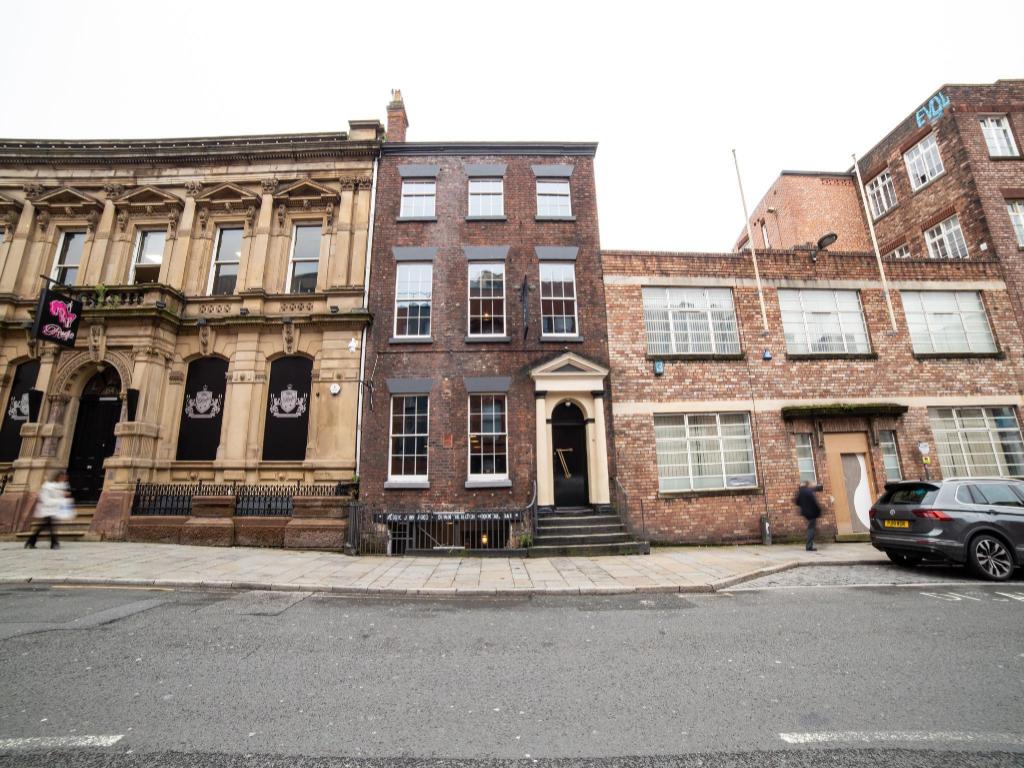Voodoo Nightclub, Liverpool: A Retrospective of a Cultural Icon
Introduction
Nestled in the heart of Liverpool, Voodoo Nightclub stood as a beacon of nightlife from its inception in the early 1990s until its closure in 2012. With its eclectic music offerings, vibrant atmosphere, and cultural significance, it became a cherished institution for clubbers across the region. This blog post delves into the history, cultural impact, and enduring legacy of Voodoo Nightclub.
Origins and Establishment
Voodoo Nightclub was established in the early 1990s, situated on Duke Street in Liverpool. The club quickly gained popularity among the youth of Merseyside, offering a space where music, dance, and social interaction converged. Its strategic location made it easily accessible for patrons from Liverpool and surrounding areas, contributing to its widespread appeal.
The 1990s: The Birth of a Cultural Hub
Eclectic Music Scene
From the outset, Voodoo distinguished itself with its diverse music policy. The club hosted themed nights that catered to various musical tastes, including soul, funk, electro, hip-hop, and emerging genres like house music. This eclectic mix attracted a broad spectrum of clubgoers, fostering an inclusive and dynamic atmosphere.
The Defhouse: A Night to Remember
In April 1987, Voodoo introduced “The Defhouse,” a groundbreaking night that combined multiple genres under one roof. Curated by prominent DJs, the event featured a fusion of soul, funk, electro, rare groove, hip-hop, and house music. The inaugural night saw over 300 attendees and was hailed as a resounding success. The Defhouse became a regular fixture, drawing crowds and solidifying Voodoo’s reputation as a premier nightlife destination.
The 2000s: Evolution and Challenges
Changing Musical Landscape
As the 2000s progressed, the music scene underwent significant transformations. Genres like grunge, Britpop, and electronic dance music gained prominence, influencing the clubbing culture. Voodoo adapted to these changes by incorporating new musical styles into its lineup, ensuring its relevance in an ever-evolving landscape.
The Mosher Nights
One notable development during this period was the introduction of “Mosher Nights” on Thursdays. Catering to the alternative and rock music enthusiasts, these nights provided a space for fans of genres like metal and goth to congregate and enjoy their preferred music. This diversification of musical offerings further broadened Voodoo’s appeal.
Renovations and Mixed Reactions
In an effort to modernize and refresh the venue, Voodoo underwent renovations in the early 2000s. While some patrons appreciated the updated aesthetics, others felt that the changes disrupted the club’s original charm. One attendee remarked that the new decor resembled “Mr. Blobby had thrown up in there,” highlighting the mixed reactions to the redesign.
Cultural Impact and Legacy
A Gathering Place for Youth
Beyond its role as a nightclub, Voodoo served as a cultural hub for the youth of Liverpool and beyond. It provided a space where individuals could express themselves, forge friendships, and create lasting memories. The club’s inclusive environment fostered a sense of community among its patrons.
Influence on Local Music Scene
Voodoo played a pivotal role in shaping the local music scene. By hosting diverse musical events and providing a platform for emerging artists, the club contributed to the development and promotion of various music genres in the region.
Enduring Memories
Even after its closure, Voodoo continues to hold a special place in the hearts of many. Reunion events and nostalgic gatherings are organized by former patrons, celebrating the club’s enduring legacy. These events serve as a testament to the lasting impact Voodoo had on its community.
Closure and Aftermath
Despite its popularity, Voodoo faced challenges in the early 2000s. Changing musical tastes, increased competition, and evolving nightlife dynamics contributed to a decline in patronage. In the face of these challenges, the club eventually closed its doors in 2012, marking the end of an era for Liverpool’s nightlife scene.
Conclusion
Voodoo Nightclub was more than just a venue; it was a cultural institution that left an indelible mark on Liverpool’s social and musical landscape. From its eclectic music offerings to its role as a gathering place for the youth, the club embodied the spirit of its time. Its legacy continues to be celebrated by those who experienced its unique atmosphere, ensuring that its influence endures in the annals of Merseyside’s nightlife history.
